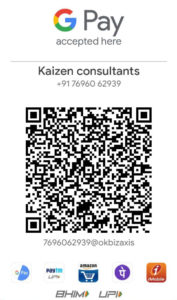You have worked hard on getting your resume just how you like it, so how come nobody wants to read it? After all, you know you can do the job.
The truth of the matter is that with any job, you and your resume are competing with many other applicants. When a recruiter searches a resume database or reads a resume, she is doing it with a specific job and the language and priorities of that job description in mind. Your application may be deleted by computer software without ever being read by hiring manager. That means you never know if a machine is reading your resume or it is screened manually.
In order to avoid having read through the entire pile of resumes, most recruiters use Applicants Tracking System (ATS) to screen all resumes for a position, and filter them based on specific keywords and flow of resume. Without human intervention, it becomes difficult to predict if your resume is being liked by this ATS software or not.
No matter who screens your resume first, your resume ought to have relevant keywords. But how to determine what are the relevant keywords for your profile. The easiest way to determine which are the most relevant keywords for your job and industry is by carefully reading atleast 5 to 6 job description for opportunities in your field. Make sure that the wording you use to describe your skills and experience closely matches the languages used by the employees.
A resume works best when it tells a compelling story that matches your skills and experiences to the responsibilities and deliverables of a specific target job. This means your resume must focus on how employers—your customers—think about, prioritize, and describe the job’s deliverables.
When you are changing jobs, you will invariably be hired for a job that you can already do, a job for which you have the credentials. Writing a resume that targets a job you’d like to do, but for which you don’t have the experience/credentials, will put you up against other candidates who all have the experience and the credentials for that job, and this reduces your chances to the negligible. Jobs you pursue because of your potential are usually landed within the context of a job you already have and a company where you are a known quantity; we’ll talk about this in an upcoming blog.
With just a few years’ experience in the professional world, most people reach a point where they have experience that qualifies them for more than one job. Right now, there are probably two or more profiles that you can do, but with the way recruitment works today, you have no choice but to go with a resume that focuses on a single target profile. So your first task is to look at all the jobs you can do (they are all probably closely related in many ways) and choose which one will give you the best chance of reaching your goal.
